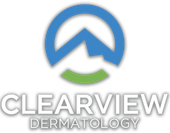How to Spot Skin Cancer Early: Signs You Shouldn't Ignore
Key Points:
- Recognize early warning signs of
skin cancer using the ABCDE rule and other indicators.
- Understand the types of skin cancer and who is at higher risk.
- Learn when to schedule a skin cancer screening and preventive care tips.
Skin cancer is the most common form of cancer in the United States, but when caught early, it is highly treatable. At Clearview Dermatology, with locations in Arvada, Littleton, and Evergreen, CO, we are dedicated to educating our patients on the importance of early detection. Knowing what to look for can make all the difference.
Common Types of Skin Cancer
Before diving into warning signs, it's helpful to understand the main types of skin cancer:
- Basal Cell Carcinoma (BCC): The most common form, often appearing as a pearly bump.
- Squamous Cell Carcinoma (SCC): Typically shows up as a scaly patch or red bump.
- Melanoma: The most serious form, known for its irregular appearance and rapid spread.
Warning Signs of Skin Cancer
Use the
"ABCDE" rule for detecting potential melanomas:
- Asymmetry: One half of the mole or spot doesn't match the other.
- Border : Edges are irregular, ragged, or blurred.
- Color: Uneven shades of black, brown, tan, white, red, or blue.
- Diameter: Larger than 6 millimeters (about the size of a pencil eraser).
- Evolving: Changes in size, shape, color, or elevation over time.
Other signs to watch for include:
- A sore that doesn't heal
- Redness or new swelling beyond the border of a mole
- Itchiness, tenderness, or pain in a spot
- Changes in the surface of a mole, such as scaliness, oozing, or bleeding
High-Risk Areas for Skin Cancer
Skin cancer can occur anywhere but is most common in areas exposed to the sun, including:
- Face and scalp
- Neck and ears
- Arms and hands
- Chest and back
- Legs (especially in women)
Who Is at Greater Risk?
You may have a higher risk of developing skin cancer if you:
- Have fair skin, light hair, or light eyes
- Experience frequent sunburns
- Use tanning beds
- Have a family history of skin cancer
- Possess many moles or atypical moles
When to See a Dermatologist
If you notice any suspicious changes to your skin, it’s important to
schedule an evaluation. Early diagnosis and treatment are critical for the best outcomes.
At
Clearview Dermatology, our
skin cancer doctor offers thorough skin exams and expert care for all types of skin cancer.
How to Protect Your Skin
Prevention is just as important as detection. Here are tips to lower your risk:
- Wear broad-spectrum sunscreen (SPF 30 or higher) daily
- Avoid tanning beds
- Seek shade during peak sun hours (10 AM – 4 PM)
- Wear protective clothing, hats, and sunglasses
- Perform monthly skin self-exams
Schedule a Skin Cancer Screening
Protect your health by catching skin cancer early. Clearview Dermatology proudly serves patients in
Arvada,
Littleton, and
Evergreen, CO. If you spot any concerning skin changes or want a professional skin check,
schedule a consultation today.
Your skin health is our priority.
Disclaimer: The information provided on this blog is for general informational purposes only and is not intended as, and should not be considered, medical advice. All information, content, and material available on this blog are for general informational purposes only. Readers are advised to consult with a qualified healthcare professional for medical advice, diagnosis, or treatment. The author and the blog disclaim any liability for the decisions you make based on the information provided. Always seek the advice of your physician or other qualified health provider with any questions you may have regarding a medical condition.





